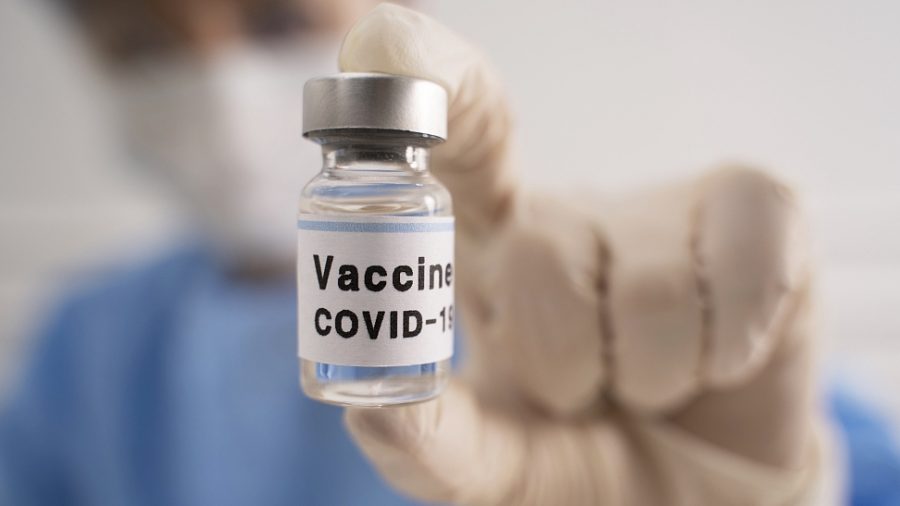COVID-19 Vaccine
Facts to know about the new COVID-19 vaccine.
December 17, 2020
The search is finally closing in on the Coronavirus vaccine. Two companies, Pfizer and Moderna, plan to unleash their vaccine to the FDA for approval. With the rush to find a vaccine, it undoubtedly raises some questions on what it actually is, and what people need to know prior to receiving it.
Vaccines are nothing new as they have been around since the smallpox outbreaks of the 1700s. They work by injecting a small, dead cell of the virus into the body to trigger an immune response. This immune response creates antibodies to help fight off the potential infection.
Here is where the COVID-19 vaccines come into play. Both companies are introducing a new type of technology to fight this virus, one that has not been officially approved by the FDA ever before: mRNA.
The mRNA vaccines work by using the actual RNA messengers that are already in the body, to instruct them to replicate the virus’s proteins. In turn, this would allow the body to make antibodies to repel the virus.
Different from the influenza vaccine, this vaccine will require two injections. One to prime the body, and one a few weeks later to actually trigger the immune response.
It is also different in the way that it must be stored. Both vaccines require low temperatures at all times. Pfizer is controversial because it only has a shelf life of five days in refrigerators at 35-40 degrees Fahrenheit. Moderna has a much longer shelf life of about one month, however it requires temperatures of minus four degrees, which most standard refrigerators do not accommodate.
Aside from its storage issues, many are concerned about the vaccines overall effectiveness, as well as its side effects. Studies have shown that both vaccines are over 90 percent effective, but its short time span is unsettling to some.
“I have many concerns about the corona vaccine. I feel like the time span is short so they are trying to produce it quicker and not being able to fully understand it,” freshman Natalya Hermiz said.
Vaccines have become more controversial these days, with conspiracy theories and concerns that they can cause mental disorders.
“Vaccinations are safe and although there can be side effects or adverse effects, those are very rare… As a pediatrician, it is concerning that we don’t have results of any vaccine trials that have included any children… I feel hopeful that a vaccination for coronavirus will help to save many lives in the near future,” pediatrician Justine Bunka said.
With all this in mind, it is worth questioning whether or not the prevention of other diseases could have happened if they spent an extensive amount of time researching those as well, such as AIDS. While a vaccine for COVID-19 would change life for the better, it could be a while before herd immunity is created, and social distancing measures will most likely still be in place to reduce the spread.

